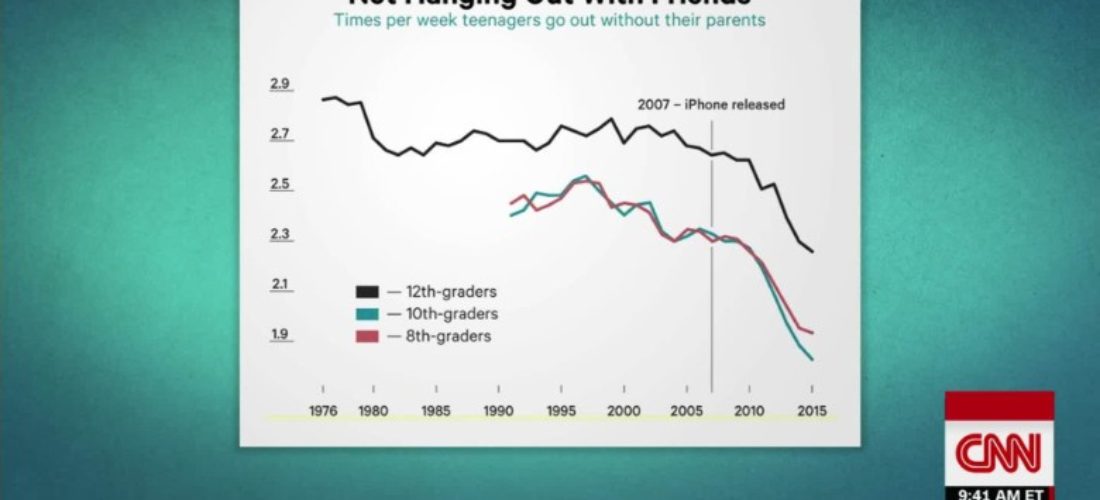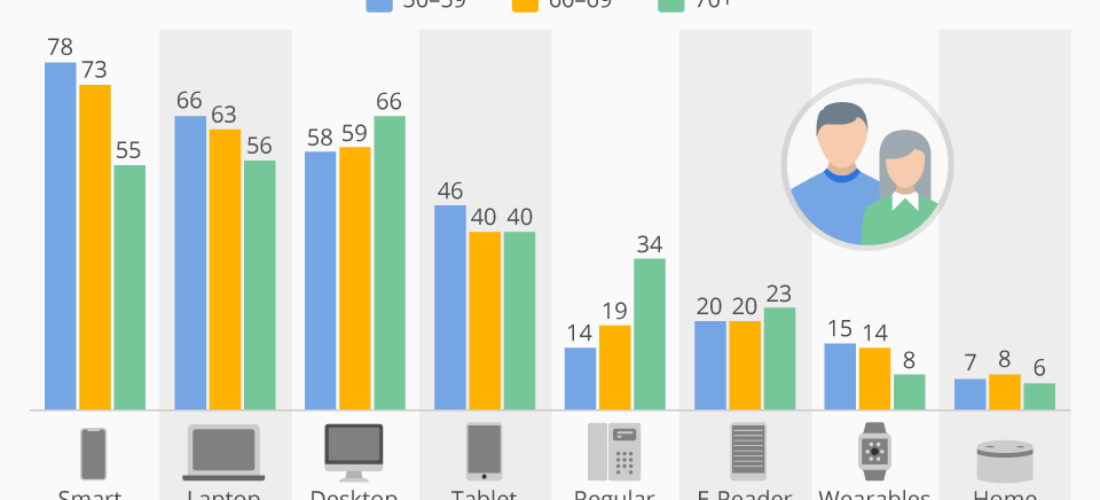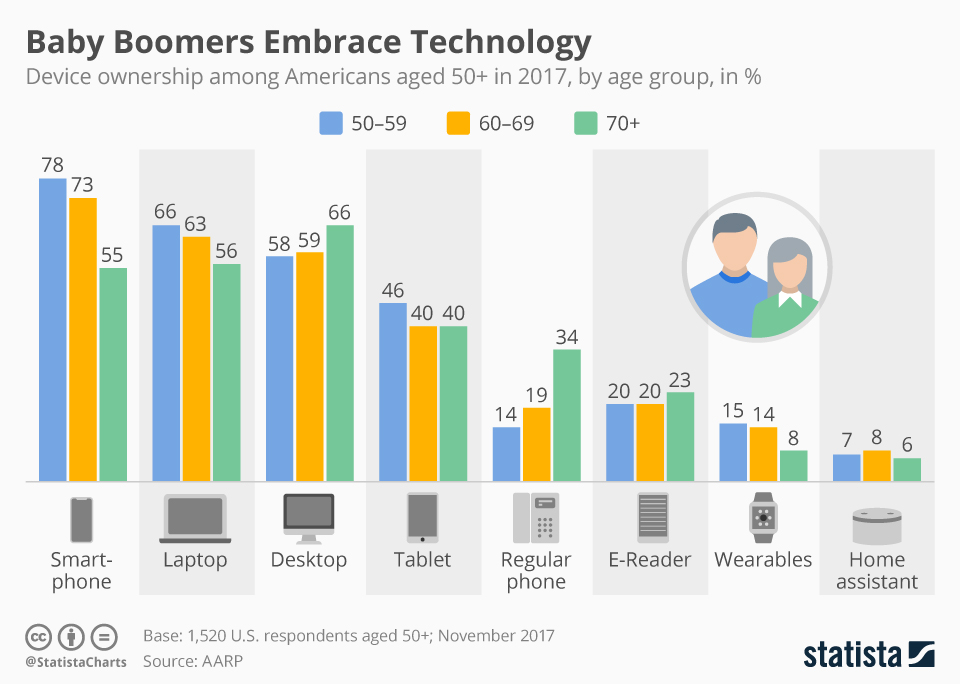Abstract The purpose of this study was to investigate the importance of the relationships with parents, peers, and teachers as a cause of adolescents’ smartphone addiction, and to examine the effect of parental neglect on smartphone addiction and the mediating effect of relational maladjustment in school, especially focusing on […]
The problem is that teens are spending more and more time, not talking on the phone like they were in decades past, but Instagram-ing and snapchat-ing. These are dangerous pastimes because they give the appearance of social interaction, but they couldn’t be further away from it. The comparisons that are implicit in looking at other people’s lives online, which are often highly manicured (and misleading), is thought to be what’s so depressing about social media. “These increases in mental health issues among teens are very alarming,” Twenge said. “Teens are telling us they are struggling, and we need to take that very seriously.”
Click here to view original source Phone Addiction Is Real — And So Are Its Mental Health Risks
When kids and parents don’t rely on constant communication, they instead must plan for the day ahead of time, and this can help kids to develop valuable executive-functioning skills.
Click here to view original source Smartphones aren’t a smart choice in middle school
“There’s an overwhelming majority of things said online that end in periods rather than question marks. Empathy often ends in question marks. It doesn’t state; it asks.”
The flip side of text-based conversations is that they “can be impoverished. You miss facial expressions, body language, emotional perceptions—face-to-face cues provide a great deal of information that helps us make important social judgments”
Click here to view original source Trust Me, I’m Your Smartphone
PARENTS DEMONSTRATE LITTLE AWARENESS
(Reuters Health) – Children’s waistlines have been expanding in lock step with the amount of time they spend with televisions, computers, smartphones and tablets, European doctors say. In the past 25 years, obesity rates have climbed rapidly among European children and teens, according to a consensus statement from the […]
Even as children’s screen time rises, parents demonstrate little awareness about what their kids do online or how much time they spend with tablets, smartphones and computers, the statement emphasizes.
Click here to view original source Childhood obesity climbing with media use, European doctors warn
… parental attitudes are at odds with the extensive evidence..
Schools should seek opportunities to initiate both preventive and educational programes that enhance the cognitive competencies of children and enlighten their attitudes with regard to all kinds of mass media, starting from when they enter preschool.
57.2% of adolescents in the Slovak Republic and 42.6% of adolescents in the Czech Republic engaged in screen‐based activities for more than six hours per day 14.
BMI Body mass index EAP ECOG TV A task force from the European Academy of Paediatrics and the European Childhood Obesity Group reviewed the links between social media and the growing epidemic of childhood obesity in Europe. It found that there was evidence of a strong link between obesity […]
Florida State University Robert O. Lawton Distinguished Professor Thomas Joiner, who co-authored a study published in the journal Clinical Psychological Science, said screen time should be considered a modern-day risk factor for depression and suicide.
“There is a concerning relationship between excessive screen time and risk for death by suicide, depression, suicidal ideation and suicidal attempts,” said Joiner, who conducted the research with psychology Professor Jean Twenge of San Diego State University. “All of those mental health issues are very serious. I think it’s something parents should ponder.”
Click here to view original source Excessive screen time linked to suicide risk — ScienceDaily
Addiction is the term used to refer to loss of control over one’s behaviours, usually with negative consequences.
… high use rate lead to impulsiveness, mounting anxiety prior to using the device, loss of control, withdrawal symptoms, financial issues, damaged relationships, emotional stress and falling literacy.
Click here to view original source Smartphone Addiction among Teenagers
Teens fixated on their smartphones experience changes to their brain chemistry that mirror those prompted by addiction, a new study suggests. Kids who compulsively used the internet or fiddled with their phones tended to have increased neurotransmitter activity […]
Click here to view original source Does ‘Smartphone Addiction’ Show Up in Teens’ Brains?






